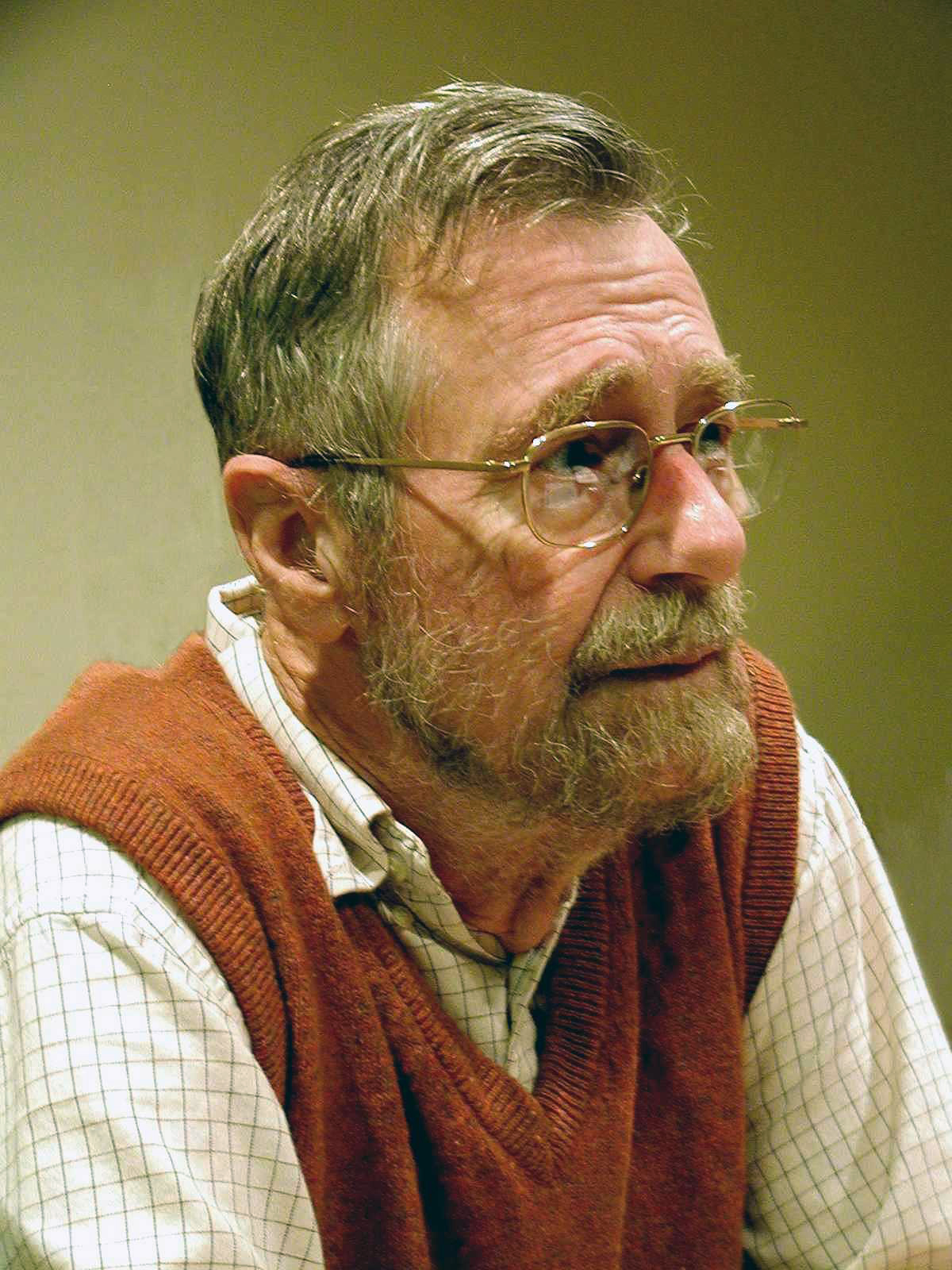Dijkstra (1972) The Humble Programmer http://www.cs.utexas.edu/users/EWD/transcriptions/EWD03xx/EWD340.html (EWD340).
1970s
Kontext: After having programmed for some three years, I had a discussion with A. van Wijngaarden, who was then my boss at the Mathematical Center in Amsterdam, a discussion for which I shall remain grateful to him as long as I live. The point was that I was supposed to study theoretical physics at the University of Leiden simultaneously, and as I found the two activities harder and harder to combine, I had to make up my mind, either to stop programming and become a real, respectable theoretical physicist, or to carry my study of physics to a formal completion only, with a minimum of effort, and to become....., yes what? A programmer? But was that a respectable profession? For after all, what was programming? Where was the sound body of knowledge that could support it as an intellectually respectable discipline? I remember quite vividly how I envied my hardware colleagues, who, when asked about their professional competence, could at least point out that they knew everything about vacuum tubes, amplifiers and the rest, whereas I felt that, when faced with that question, I would stand empty-handed. Full of misgivings I knocked on van Wijngaarden’s office door, asking him whether I could “speak to him for a moment”; when I left his office a number of hours later, I was another person. For after having listened to my problems patiently, he agreed that up till that moment there was not much of a programming discipline, but then he went on to explain quietly that automatic computers were here to stay, that we were just at the beginning and could not I be one of the persons called to make programming a respectable discipline in the years to come? This was a turning point in my life and I completed my study of physics formally as quickly as I could. One moral of the above story is, of course, that we must be very careful when we give advice to younger people; sometimes they follow it!
